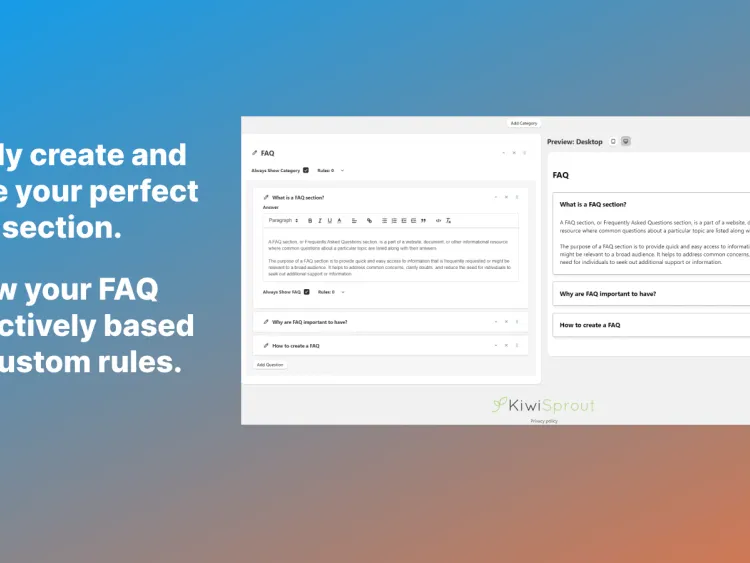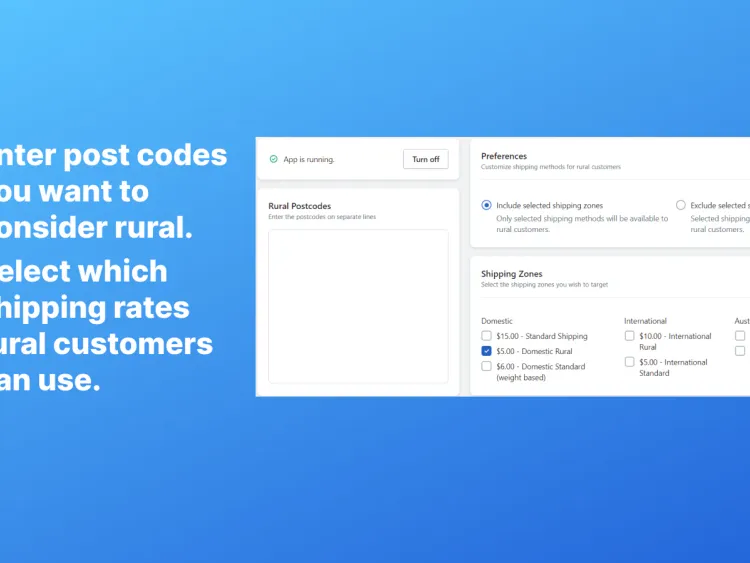
10 Ways to Build Links to Your Website
A lot of people consider link building to be the hardest part of SEO, and I don’t blame them.
Building high quality links is hard, but it’s critical to gaining traction in SEO.
Links provide a strong SEO signal for your website, not all links are made equal though. The benefit of a link on your SEO is determined by factors such as:
- The popularity of who is linking to you, how many people visit their website in a month?
- The relevance of who is linking to you, does the topic focus of their website match or compliment yours?
- The anchor text they used, did they include a keyword related to your topic focus in their link to your website?
- The authority of who is linking to you, are they a well trusted website?
- Freshness of the link, is this a new link or an old link?
- Social sharing of the linked page, did their page with your link go viral?
If you have no idea where to start when it comes to building up your links, here’s 10 ways you to build links to your website:
Create high value content
The simplest way to build links to your website is to make content worth linking too.
High value content could be well written blog posts, entertaining podcasts or any other form of well-made media.
In fact, HubSpot’s stated that companies who blog receive 97% more links to their website.
Creating high value content is a great pathway to getting good quality links but writing good content can be tough.
Write about topics you know a lot about, offer a unique perspective, delivery it in an entertaining format or present some new information.
If people enjoy what you create, you’ll easily build links.
Creating content requires commitment though; at the very least you should be creating 1 piece of content a week whether that is a blog post, video, podcast or something else.
Share useable data
Similar to creating high value content, sharing usable data is a great way to build links to your website naturally.
Useable data is information that others could reference in their own content or use for their own campaigns.
The most common form of useable data is statistics, such as averages or proportions.
Ask yourself what people in your industry would like to know, or what information they could use to make decisions. For example, if you sell shoes you could publish data on what the most popular type of shoe was for a month, or the average amount of mileage a particular brand of shoes has.
As long as you have a question to ask and a way to find the answer, sharing useable data is a great way to build links.
Make sure your data is trustworthy; include information like your sample size, method of collecting the data, and anything else that can help readers determine if the data can be relied upon.
People will want to reference your data to prove a point, and when it comes to data people will (or at least should) always link their source, netting you highly relevant links.
Get your customers to link to you
If you have customers or clients, get them to link back to your website to build your links.
By getting people who have engaged with what you have to offer you’re creating links that are highly relevant to what you provide.
If you helped build their website, you could ask to include something in the footer that links back to your website such as “Web Design by CompanyName”.
If a customer uses your product, you could ask them to make a mention of it on their website and link the mention back to your own.
Often if your customers or clients are happy with what you provided, they’re more than willing to link back to your website providing a vote of confidence.
You could even provide incentive or exclusivity, like a customer badge for them to place on their website or an affiliate link for them to use.
Do something newsworthy
While probably the hardest option out of our 10 for building links, doing something newsworthy is worth a mention.
By getting in the news, such as a popular online article, often they’ll link back to your website in the article.
Then in a chain reaction other news publishers will often make their own version of the news story and link back to your website as well.
News stories often have a high level of virality as well, making them prime targets for quality link building.
You could perform a PR stunt, publish a good press release or involve yourself in something topical like guest speaking at a convention.
Avoid being in the news for the wrong reasons, once something goes on the internet it can never be removed for good.
Write guest posts
Writing guest posts is another fantastic way to build links, find some friends in the same or similar industries and offer to write a guest post on their blog.
A lot of people are tentative to write guest posts after Google issued their warning last year but guest posting is still a viable link building strategy.
Just avoid red flags like guest posting on unrelated sites, websites that only do guest posts and spammy keyword drops in the content.
Instead, write guest posts on a quality, well respected website that’s either directly or closely related to your own and the link you’ll get will help you rank.
Add yourself to quality directories
Much like guest posts, this comes with a warning.
Directories are a great way to build links, but if you’re putting your website on directories that are unrelated, spammy and have no authority they won’t help your website at all.
Personally, I think the best kind of directories to add yourself to is local business directories. For example, if you’re a Hamilton based business (which is where we are), adding yourself to a directory like the Waikato Chambers of Commerce would be a good option.
Usually, if there is no barrier to entry to be placed inside the directory, it’s often not going to produce a very high-quality link.
Ask friends & partners to link to you (but don’t beg for them)
This is probably the most misused strategy out of all of them.
If you have a website you’ve probably been contacted by a total stranger in the past who’s asked if you could link to their website on yours, this has built up a negative connotation with link building and those who do it are doing link building wrong.
Instead, contact people you already know that are relevant to what you do and offer a value proposition for why they should link back to your website.
They could have an article that you have the perfect reference for, or you could have a learning resource that’s perfect for them to link to.
Avoid begging for them without a cause or use case, all you will do is annoy people.
Offer testimonials
Offering testimonials is a good example of a mutually beneficial way to build links.
Perhaps you use a service or tool that you love, offer to write a testimonial in turn for the testimonial linking back to your website.
They’ll love the benefit of having social proof that someone was happy with what they’re offering, and you get a good link back to your website, it’s a win-win!
Take over broken links
Link rot is a real problem, especially for large websites.
Over time, the resources or references that a website links to become broken, and a lot of links stay broken.
This is where your website can come in, you can find broken links that relate to content you have and offer your content as an alternative link to the broken link.
This fixes a broken link on their website and creates a highly relevant link back to your website leaving everybody happy.
This approach isn’t too intrusive either, you’re helping people fix broken links on their website to improve their SEO while you improve your own.
Chase up your brand/product
Simply set up Google Alerts to track mentions of your brand/product and follow up on those mentions asking them to link back to your website.
This way popular reviews and discussion about yourself will funnel back to your website from highly relevant content.
What strategies do you use to build links to your website?


